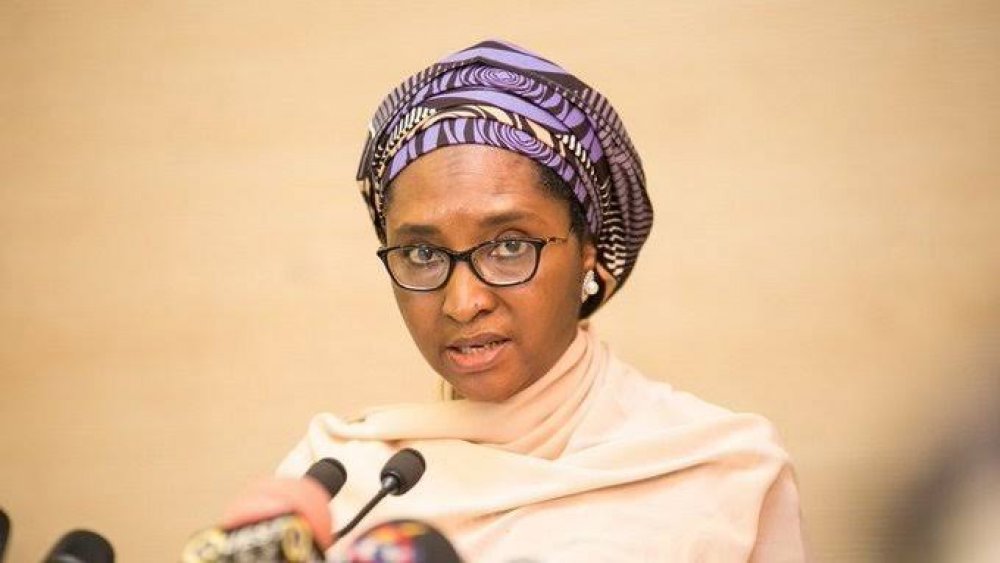Other Pages
- Opinion Poll
- About Us
- Send Your Story
- Contact Us
- Newsletter
- Privacy Policy
- Terms and Conditions

Nigeria is hoping for creditors to cancel its debt in order to reduce the financial burden caused by the COVID-19 outbreak. The pandemic and lockdown have significantly affected Nigeria's economy, making it contract by -6 1%, with the country heading towards another recession.
The debt cancellation was requested by Nigeria's Finance Minister, Zainab Ahmed, who spoke during the United Nations meeting of finance ministers. Ahmed suggested that multilateral lenders should offer more debt relief for vulnerable countries. Amidst the COVID-19 pandemic, Nigeria's debt rose from NGN28.628 trillion in March 2020, to NGN31.009 trillion at the end of June 2020.
She said creditors should consider debt cancellation as debt relief, and if that option isn't on the table, then the creditors should extend debt payment suspension. The World Bank and the International Monetary Fund (IMF) had advised creditors to adopt a debt freeze amidst the COVID-19 pandemic.
[READ ALSO: Nigeria's Debt Problem Worsens As FG Borrows N2.3trn In Four Months]
“It is in this regard that my delegation supports the call for outright cancellation of debt for vulnerable nations, or at the very least extended debt suspension as well as liquidity retrieve and also special drawing rights for countries in special situations, especially countries in Africa,” Ahmed said.
“We encourage the international community to explore and develop specific targeted measures including mutual legal assistance to address barriers to international cooperation,” Ahmed said during the conference which is to consider options for financing the 2030 agenda for sustainable development in the era of COVID-19 and beyond.
While the debt cancellation could help vulnerable economy like Nigeria, Ahmed said illicit financial flows is affecting Nigeria's economy, and the destination countries of the illicit funds were advised to corporate with Nigeria to block the loopholes.
It was gathered that Nigeria loses about $15 billion every year to illicit financial flows, according to the Nigerian Extractive Industries Transparency Initiative (NEITI) estimation.
“The COVID-19 pandemic poses unprecedented challenges globally and it is further deepening the gap between public resources and financing needed to make the sustainable development goals a reality.
“In particular illicit financial flows unless checked, will continue to significantly erode domestic revenues, enable corruption, threaten economic stability and sustainable development, divert money from public priorities and hamper government’s efforts to mobilize domestic resources and recover better.
[READ ALSO: Just In: Chaos As Bayelsa Govt Shutdown GTBank, Ecobank Branches]
“As one of the most affected countries, the Nigerian experience has shown that technology-enabled improvements and tax collection and compliance, helps deter tax crimes and facilitate public trust.
“Also the mainstreaming of transparency and anti-corruption measures into economic policymaking processes has significantly reduced crime, similarly establishing an accurate up-to-date and public financial ownership register and strengthened automatic exchange of tax information helps address a commercial component of illicit financial flow.
“Let me further emphasize the importance of synergizing the work on the illicit financial flows with the ongoing work of the high-level panel on the lifted financial accountability transparency and integrity.
“It is also critical for countries that are the main destinations of these illicit financial flows to take more concrete steps to assist in converting this scourge.”
0 Comment(s)